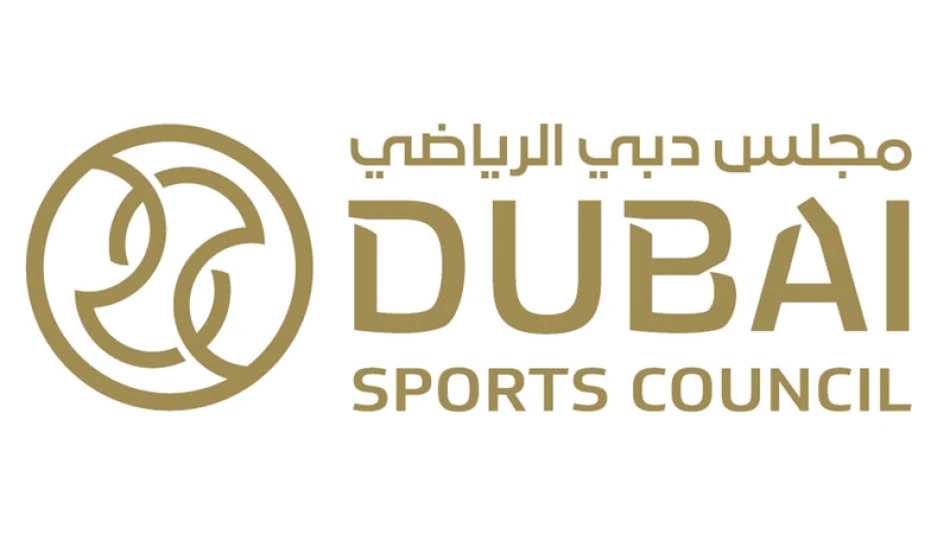
Dubai Football Academies Host Exciting Summer Sessions, Inspiring Young Athletes
Dubai Launches Strategic Youth Football Initiative to Build Next Generation of Soccer Talent
Dubai Sports Council has launched its summer football academy tournament, running through August 13, as part of a comprehensive strategy to identify and develop emerging athletic talent. The initiative reflects Dubai's broader governmental push to attract and nurture talent across all sectors, positioning the emirate as a regional hub for sports development and youth excellence.
Strategic Timing Ahead of 2025-2026 Season
The tournament serves as a crucial preparatory phase for Dubai's youth and junior football teams before the official 2025-2026 sports season begins. This timing is particularly strategic, as it allows clubs to assess player capabilities, identify strengths and weaknesses, and fine-tune tactical approaches in a competitive environment that mirrors official league conditions.
The Dubai Sports Council emphasized that this annual tournament represents part of a broader series of developmental initiatives designed to enhance the competitive environment for emerging players. By providing real match experience against peers, the program aims to elevate both physical and technical competencies before official season play commences.
Comprehensive Age-Group Structure Maximizes Development
Multi-Venue Tournament Design
The tournament spans five age categories—under 13, 14, 15, 16, and 17 years—with matches distributed across Dubai's premier football facilities. This distribution strategy ensures optimal playing conditions while showcasing the emirate's sports infrastructure capabilities.
Matches for the under-17 and under-16 categories will take place at Al Ahli Youth Club, while under-15 competitions occur at Al Nasr Club. The under-14 category will compete at Al Wasl Club, and under-13 matches will be held at Dubai Sports World within the Dubai World Trade Centre, demonstrating the integration of commercial and sporting venues.
Elite Academy Participation
Seven teams representing both local and regional academies will compete: Al Ahli Youth, Al Wasl, Al Nasr, Hatta, Saudi Youth, Generals Academy, and Al Farjan Academy. This mix of local Dubai clubs with regional participants creates a competitive environment that exposes young players to diverse playing styles and tactical approaches.
Innovative Training Methodologies Set Dubai Apart
The organizing committee has implemented a unique technical innovation: mandatory penalty shootouts following every match, regardless of the final score. This approach specifically targets player development under pressure situations while enhancing goalkeeper performance in penalty scenarios—a critical component often overlooked in youth development programs.
This methodology reflects Dubai's commitment to comprehensive player development that extends beyond basic technical skills to include psychological resilience and high-pressure performance capabilities.
Regional Implications for Gulf Sports Development
Dubai's systematic approach to youth sports development positions the emirate competitively within the broader Gulf region's sports landscape. While neighboring countries like Qatar have invested heavily in sports infrastructure for major international events, Dubai's focus on grassroots development and talent cultivation represents a different but equally strategic approach to building long-term sporting excellence.
The tournament's emphasis on multi-age group competition and innovative training techniques could serve as a model for other regional sports councils seeking to enhance their youth development programs. By combining traditional competitive formats with modern training innovations, Dubai demonstrates how established sporting frameworks can evolve to meet contemporary development needs.
Investment in Future Sporting Economy
This initiative represents more than youth sports development—it's an investment in Dubai's future sporting economy. By systematically developing local talent, the emirate reduces dependence on imported players while building a foundation for potential professional leagues and international competitions.
The coordination with the UAE Football Association for referee assignments also demonstrates institutional cooperation that strengthens the overall football ecosystem, ensuring that development programs maintain professional standards from the grassroots level upward.
Most Viewed News

 Sara Khaled
Sara Khaled






